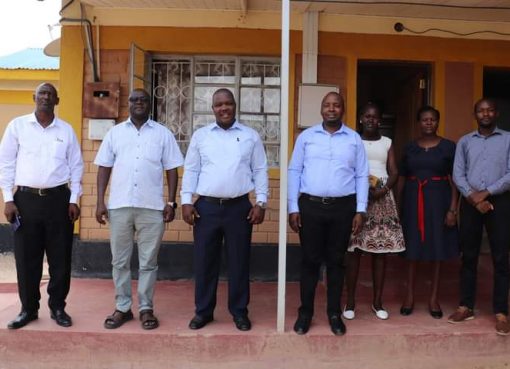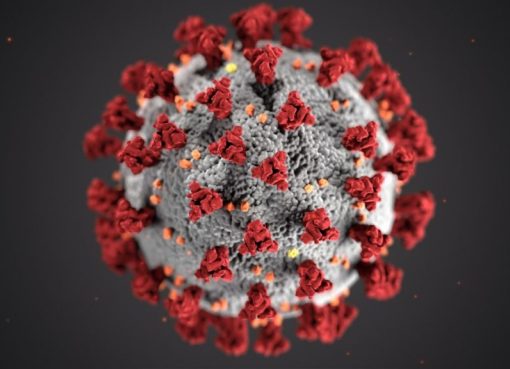Muslims around the globe are preparing to begin fasting from dawn to dusk for the month of Ramadhan, the holiest month in the Islamic calendar.
This year the holy month is expected to begin March 1, 2025 depending on the moon sighting and if it happens on March 1, it would be a rare celestial event. The first day of the Islamic holy month will coincide with March 1, a phenomenon that occurs roughly every 33 years.
Ramadhan is determined by the sighting of a new crescent moon which often divides the Muslim world over the exact starting date.
Islam adheres to the lunar calendar which means that the month of Ramadhan begins or ends when the first crescent of a new moon is sighted.
The exact dates of the Islamic occasions can’t be set in advance due to the nature of the Islamic lunar calendar as opposed to the Gregorian one that uses the solar calendar.
Fasting during Ramadhan is one of the five pillars of Islam, along with the Muslim declaration of faith, five daily prayers, giving Zakah (charity), and performing the Hajj pilgrimage to Mecca, Saudi Arabia.
The start of Ramadhan, the ninth and holiest month in the Islamic calendar, is determined by the sighting of a new moon, and in the Muslim world, all eyes will be set on the heavens next week to see the new moon.
Ramadhan which typically lasts 29–30 days is one of the most sacred period for Muslims. It is the month in which it is believed that the Holy Quran was sent down from heaven as ‘a guidance for humanity and a means of salvation’.
It is the most sacred period of the year for Muslims who have to abstain from all forms of food and drinks during the daylight hours, breaking their fast at sunset.
Fasting is compulsory for every Muslim male or female but exemptions include children under the age of puberty, insane people, men, and women who are too old to undertake the obligation of fasting.
Others include sick people whose health is likely to be severely affected by the observance of fast, pregnant women, women breast-feeding their babies and women in the period of menstruation.
Muslims are highly encouraged to pray more during this month and there are special prayers at night ‘Taraweeh’, which are mostly performed in the mosques as congregational prayers.
In the coastal city of Mombasa, mosques have started special sessions and classes (Darsa) to usher in the holy month of fasting.
During the holy fasting month entire streets in the coastal city of Mombasa turn into open air Iftar (breaking the fast) buffets.
Cabinet Secretary for Environment, Aden Duale has welcomed the decision by the government while speaking to the media from Mombasa Town, to waive taxes on date fruits during the fasting period.
Dates are traditionally the first food Muslims break their daylong fast with in the evening.
Duale says the move shows the government’s unwavering support and solidarity with Muslim community through the importation of duty-free dates.
He says the noble initiative eases access to this essential fruit for Iftar and further reflects the government’s commitment to fostering religious inclusivity and national unity.
Daule says Ramadhan is a time to rejuvenate, cultivate and strengthen one’s belief in Allah.
He at the same time appealed for enhanced security across the Country during the fasting month of Ramadhan.
“We expect the security agencies to enhance their vigilance during the month of fasting as people will be offering special night time prayers known as Taraweh,” he said.
Dates are sweet fruits that grow on a palm-like tree and are mostly found in the Middle East countries including Saudi Arabia, Kuwait, Iran, Jordan, Syria and United Arab Emirates (UAE).
The fast is broken with prayer and iftar often consisting of dates and sips of water after sunset and some mosques in Mombasa hold dinners where the faithful can break their fast together during Ramadhan.
Following the tax exemption on this important commodity, residents expect traders to reduce the prices to make them affordable to all and sundry.
By Hussein Abdullahi





